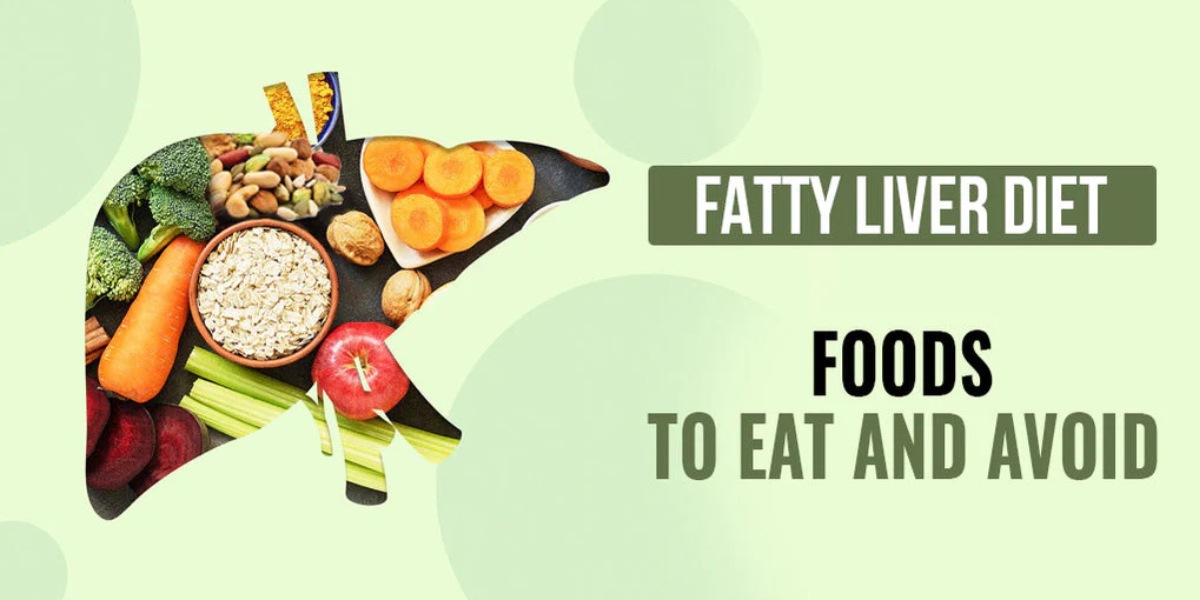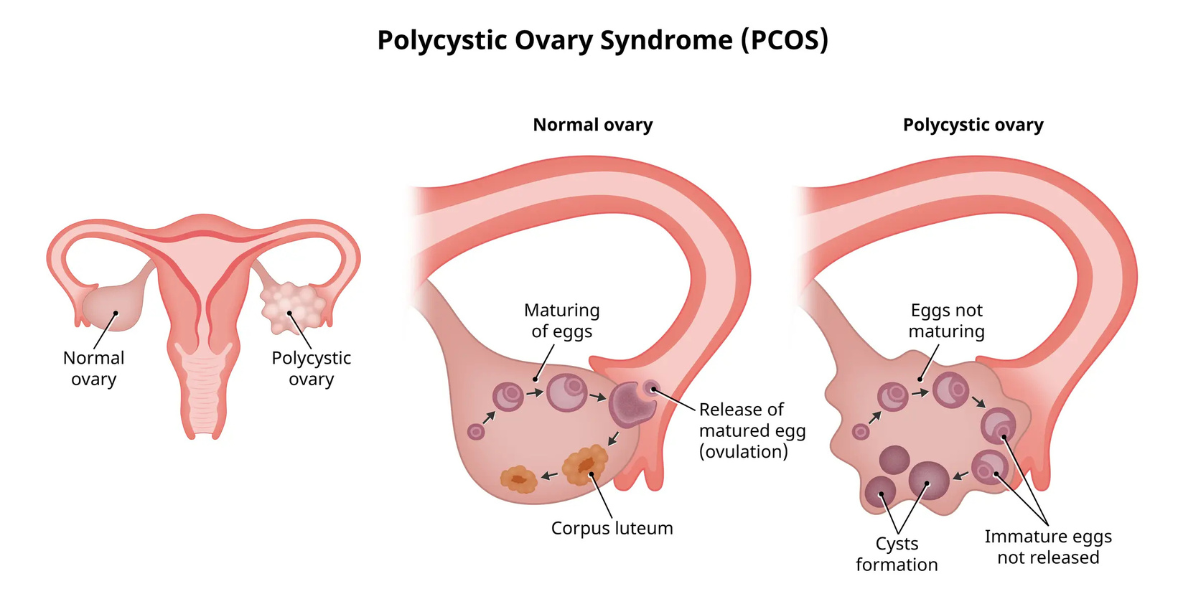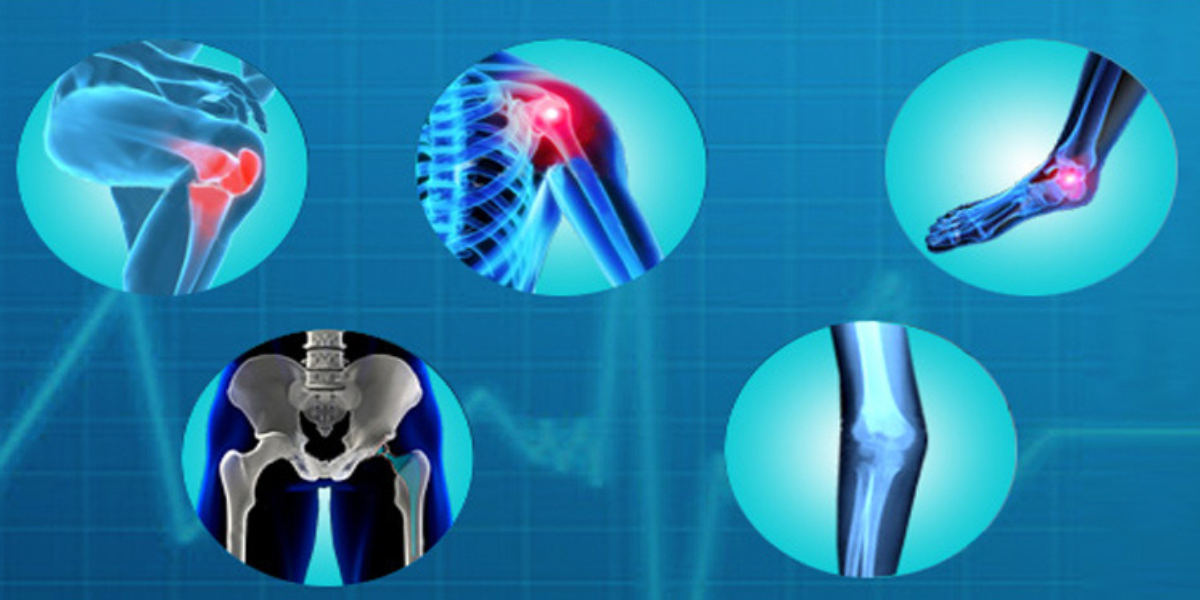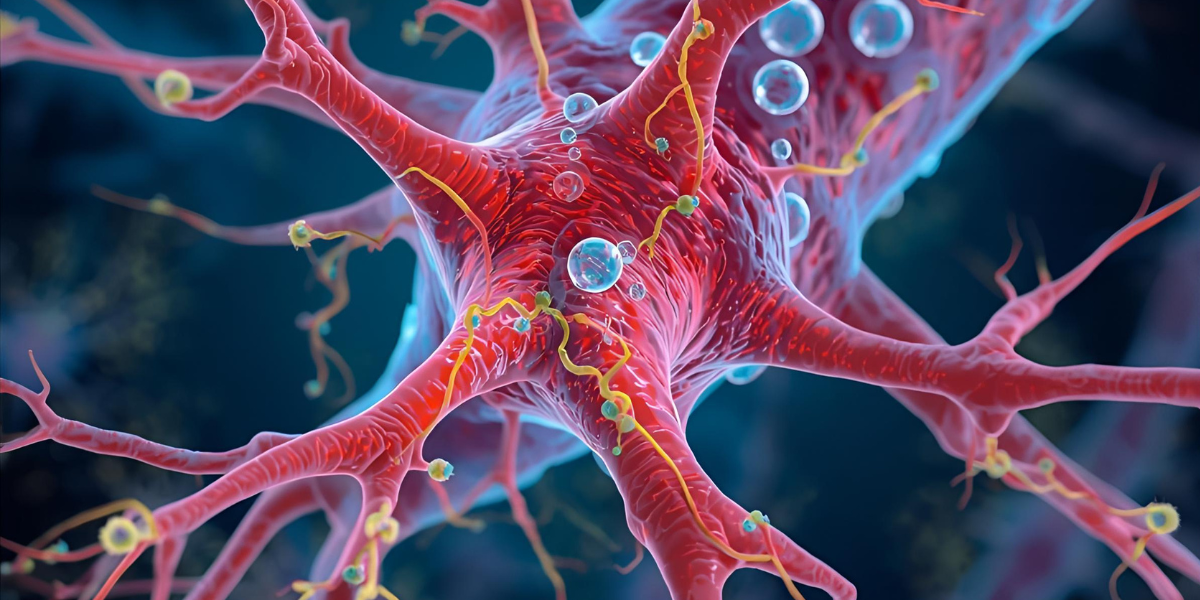
What Parents Should Watch Out For - PCOS in teens
Polycystic Ovary Syndrome (PCOS) is often associated with adult women, but it can begin as early as adolescence. The hormonal changes of puberty can overlap with early PCOS symptoms, making it difficult to distinguish what’s normal and what might need medical attention. As a parent, recognizing the early signs and supporting your teen through diagnosis and management can make a significant difference in her health and self-esteem.
PCOS in Adolescents
PCOS is a hormonal disorder that affects the ovaries, often leading to irregular menstrual cycles, excess androgen levels (male hormones), and multiple small cysts on the ovaries. In teens, these signs can present subtly or be mistaken for typical puberty-related changes. However, early detection is key to managing symptoms and reducing the long-term risks of complications like type 2 diabetes, infertility, and metabolic syndrome.
Signs That May Raise Concern
While it’s normal for teens to have irregular periods in the first few years after menstruation begins, consistent irregularities over time may indicate PCOS. If your teen has fewer than eight periods a year, or if her periods stop for several months, it’s worth bringing it up with a healthcare provider. Persistent or severe acne that doesn’t improve with over-the-counter treatments, excessive hair growth on the face or body, or sudden, unexplained weight gain are also common signs of PCOS in teens. Mood swings, fatigue, and difficulty losing weight despite healthy habits can further indicate underlying hormonal imbalance.
The Emotional and Psychological Impact
Beyond the physical symptoms, PCOS can deeply impact a teen’s mental health. The visible effects such as acne, weight changes, or unwanted hair growth can affect self-image and lead to anxiety, depression, or low self-esteem. Teens may also feel isolated or embarrassed about their symptoms and hesitate to talk about them. As a parent, creating a safe, judgment-free space for open conversation is crucial. Let your teen know it’s okay to talk about what she’s experiencing, and that there are ways to manage and improve her symptoms.
Supporting Lifestyle Habits Early On
Parents play a crucial role in encouraging healthy habits that support hormonal balance. This includes promoting regular physical activity, balanced meals with low refined sugar, and adequate sleep. It’s also important to avoid overly restrictive diets or focusing excessively on weight, as this can harm a teen’s body image and relationship with food. Focus instead on overall health, energy, and emotional well-being.
Conclusion
PCOS in teens is more common than many realize and often goes undiagnosed because its symptoms can mimic normal changes during puberty. By staying aware, observing changes, and fostering open dialogue, parents can help their daughters get the support they need early. Early intervention not only manages current symptoms but also lays the foundation for healthier outcomes in adulthood. With the right care and compassion, living well with PCOS is entirely possible even from the teenage years.






